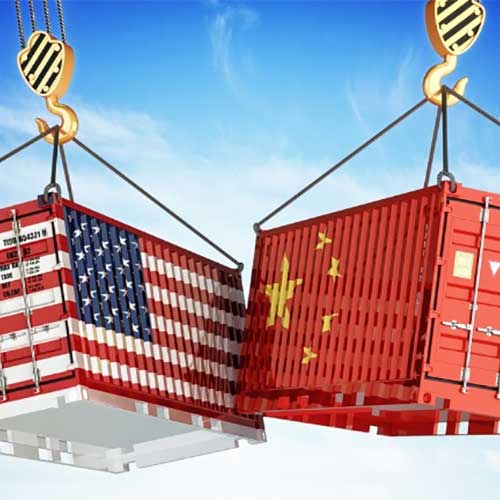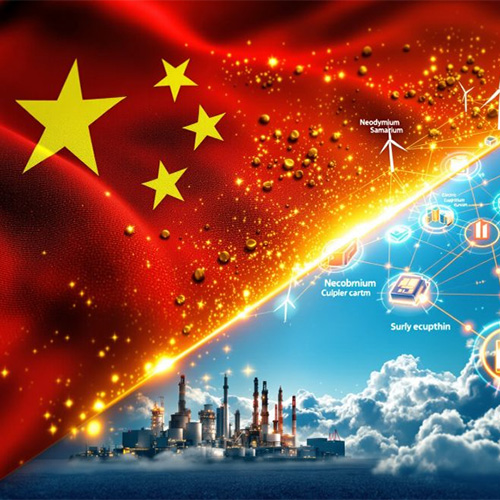
A recent report from Global Trade Research Initiative (GTRI), warns that India might become a "dumping ground" for the newly-taxed Chinese goods. With the US market less accessible, China may look to offload these products elsewhere, potentially harming Indian businesses in the same sectors.
Both the USA and the European Union (EU) are cutting import of Electric Vehicles from China. The raising of tariff on EVs, batteries and many other new technology items by the US may push China to dump these products in other markers including India," the GTRI report said.
The US on May 14 levied steep tariff hikes on various Chinese imports, including EV batteries, computer chips and medical products escalating the trade war between America and Beijing.
While the US will quadruple EV duties to over 100% in 2024, it will double tariffs on semiconductors to 50% by 2025, the White House said in a statement citing "unacceptable risks" to its domestic economic security posed by what it termed as unfair Chinese practices of flooding global markets with cheap goods.
The newly-taxed Chinese goods is a significant concern. With the United States making it harder for China to export certain products by imposing tariffs or other trade barriers, China could indeed seek alternative markets to offload these goods. India, being a sizable market with growing consumer demand, could be an attractive option for Chinese exporters.
However, this scenario poses challenges for Indian businesses, particularly those operating in sectors where Chinese products are competitive. If flooded with cheap Chinese imports, Indian companies may struggle to compete, leading to job losses, reduced profitability, and potentially even industry closures. This could have broader implications for India's economy, including trade imbalances, loss of domestic manufacturing capabilities, and decreased competitiveness in the global market.
To address this threat, India may need to implement measures to safeguard domestic industries, such as imposing countervailing duties, strengthening quality standards and regulations, promoting domestic manufacturing through incentives and subsidies, and fostering innovation and technology development. Additionally, enhancing trade agreements and partnerships with other countries could help diversify India's trading relationships and reduce dependence on any single market.
See What’s Next in Tech With the Fast Forward Newsletter
Tweets From @varindiamag
Nothing to see here - yet
When they Tweet, their Tweets will show up here.





























